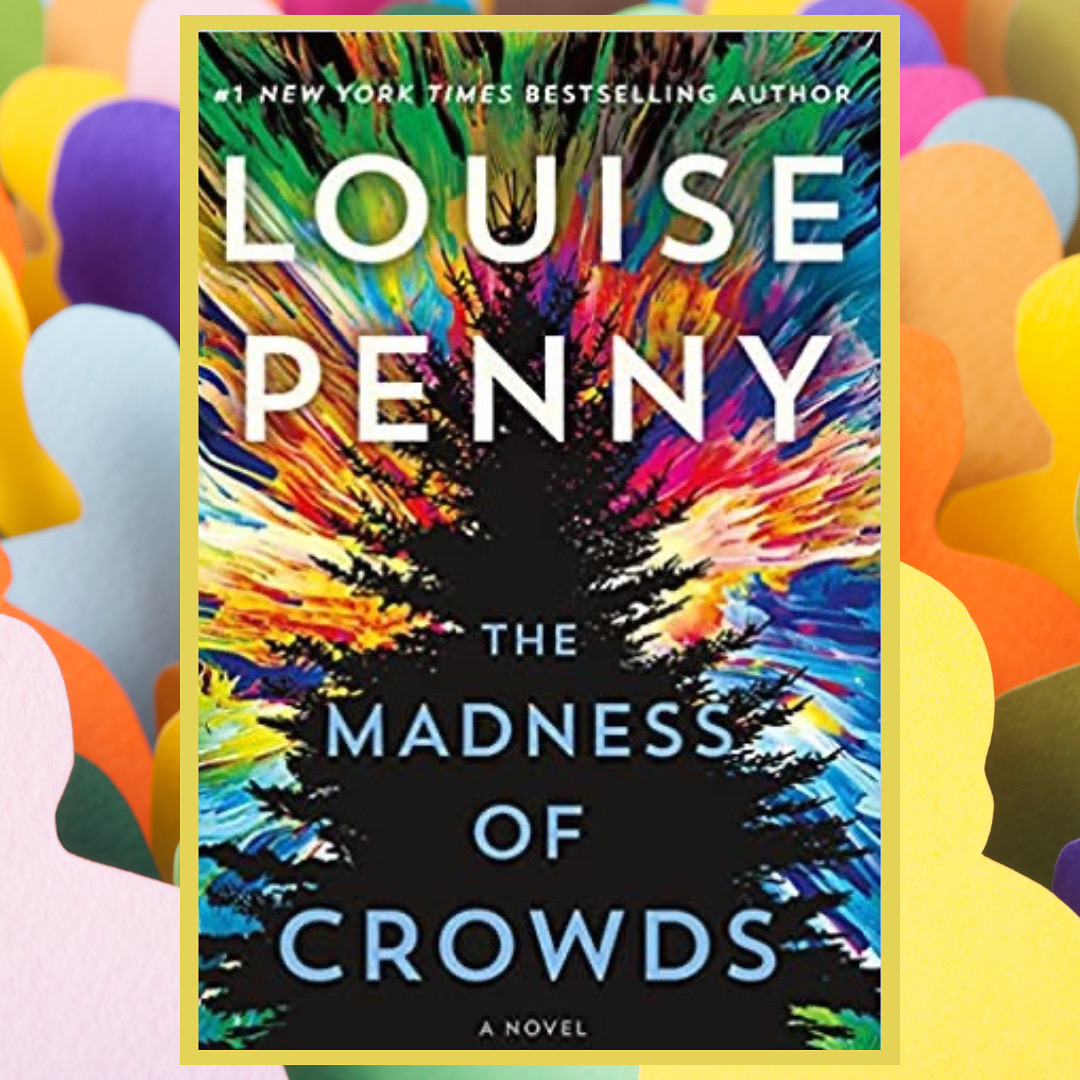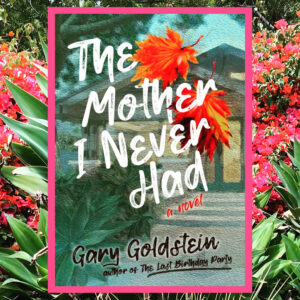🌟🌟🌟🌟🌟
From the very start I have loved Louise Penny’s books, having read every one of them, with the joy and eagerness that comes with revisiting a special world, populated with old friends, beginning with Armand Gamache and extending to (almost) every single character who resides in Three Pines (I do unfortunately, find one character, Ruth, tiresome. But the poetry ascribed to her, peppered throughout this, and other books in the series, is absolutely sublime).
In this particular volume, through the literary vehicle of Professor Abigail Robinson, a University Statistics Professor, who leads a media campaign with some startlingly horrific (and supposedly fact-informed) health-policy recommendations as top of her agenda, the author deftly considers the tipping point that turns post-COVID crowds into faceless terror-driven lunatics and the very fine line, often impossible to navigate, between kindness and cruelty, murder and mercy, martyrdom and monsters.
Who better than Chief Inspector Armand Gamache, (with his warm brown eyes, rose-water and sandalwood scented cardigans, and backbone so tightly laced with moral fiber that he is, at this point, the very essence of the heroic male protagonist) to tackle these thorny and heartrending issues, leading the hunt for a present-day murderer, perhaps linked to what may be a formerly unrecognized past-day crime.
In this book, along with the wonderful community of Three Pines regulars, we are introduced to a fascinating new character, Haniya Daoud , a young Sudanese human-rights-violations reformist, a Nobel Peace Prize candidate, survivor of horrendous torture, and a terrific vehicle for further examination of this books probing questions.
Is murder for love (and not hate) ever justified? What about killing one to save a hundred? Culling the weak to save the strong?
How far can we let it go before free speech becomes incendiary or a public-safety issue?
Are silence and inaction tools of the coward, the infirm, the pacifist?
And finally, will Ruth’s duck, Rosa, ever learn a new vocabulary?
Another brilliant and thought-provoking visit with Three Pines and its community, – I loved this book, and all it stands for, – one of the few longstanding series that is not afraid to tackle tough questions, horrifying dilemmas, and the deeply traumatic, all done with such grace, compassion and intelligence that the reading, while neither facile nor laborious, can be counted on, without fail, to be absolutely mesmerizing.



